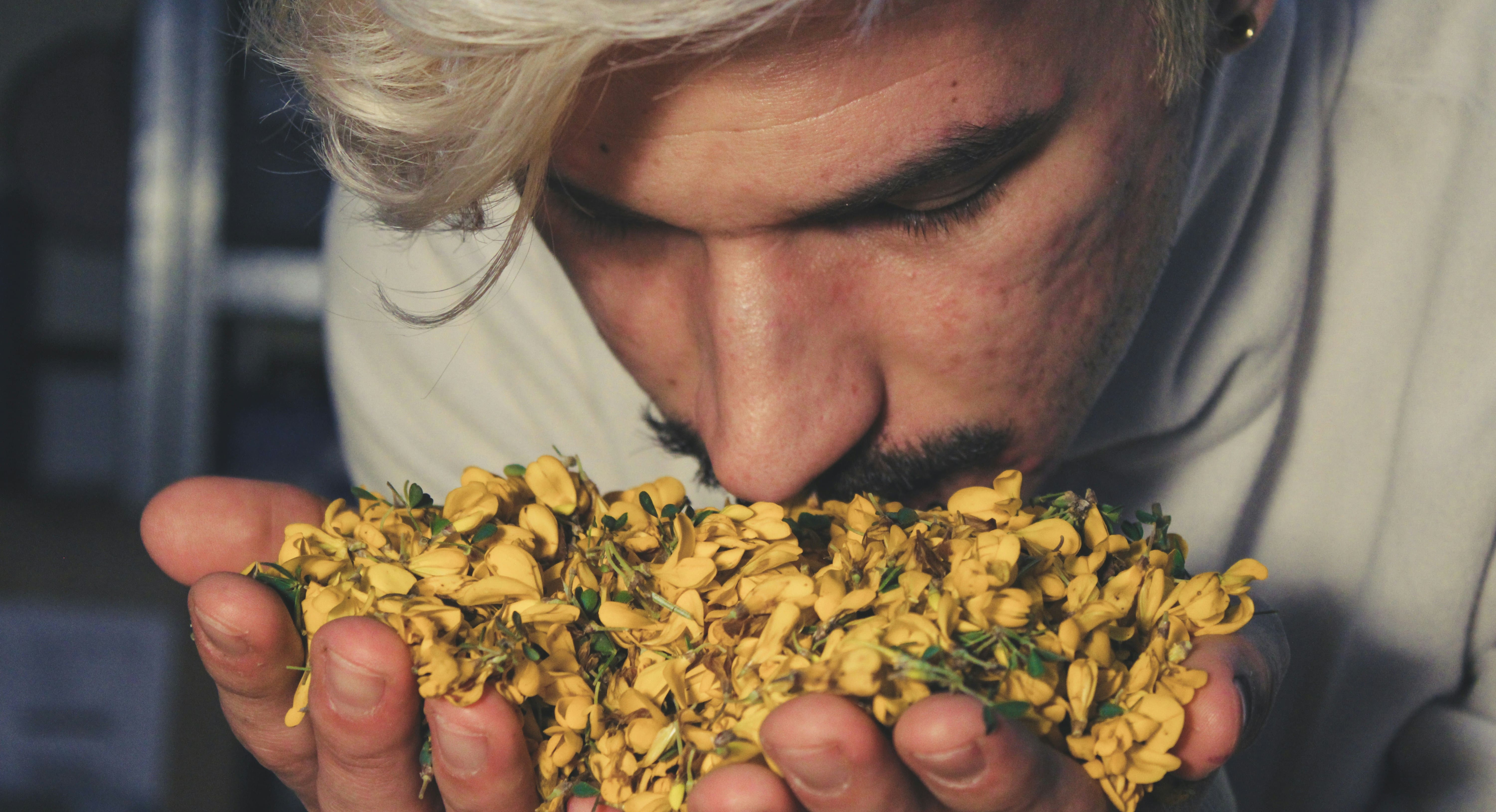A good therapist won't always make you feel good. Your friends can do that. When you share that you're worried someone judged you at work, a kind friend replies, 'Oh I bet nobody even noticed'. When you express anxiety about flying, someone may reassure you that 'planes are the world's safest way to travel'. When we seek comfort from family, we want to hear the words 'it's going to be fine'.
These things sound good to our ears, they soothe our worries. However, if we're truly honest, there's a little voice inside of us that goes 'but, what if it's not fine?' As much as we love someone placing their hands on our shoulders and promising us that everything will turn out fine, sometimes, the most powerful thing someone can say is 'and if it's not fine, I'm here'. As much as someone can promise us that we won't have to walk through the fire of loss, failure and being misunderstood in our lifetimes, we know that it's inevitable the challenges will come.
So, whilst a friend may shower you with reassurance, a therapist is the one who says: 'You have walked through challenging times in your lifetime, and you will walk through more, so how can we equip you to process what you've been through, and best navigate what's ahead?'.
As a therapist and author, I love facing and writing about life's uncomfortable truths so that we can feel liberated and empowered to live more confidently and authentically. I have found this tack life-changing both personally and clinically. So, here are three uncomfortable truths you might talk about in therapy.
Some people don't like me
From strangers in the street who have seen you through their lens of prejudice to a friend harbouring secret resentment towards you, some people don't like you. Perhaps you've knowingly or completely unknowingly upset or offended someone. It's true for all of us. You simply cannot be liked by everyone, you are not Nutella although, if I'm honest, I'm not a fan of Nutella! .
However, you can completely exhaust yourself trying to please others. You can find yourself burnt out by doing things for others that you don't have the capacity for or hiding parts of your authentic self in the hopes you'll be more accepted. In contorting yourself out of fear of being rejected by others, you risk chronically rejecting yourself.
Tip: Know what is inside and outside of your realm of control. You can be kind and considerate of others. You can take the time to articulate yourself well and make decisions that respect both your own boundaries, and those of others. But ultimately, you cannot control how others see you. You can apologise when you've wronged someone, but you can't control whether they accept it or not.
Bad things will happen
You know that bad things will happen. You've experienced tough times in your own life, and you find your mind ruminating over the sad things that could happen in different scenarios. However, instead of finding acceptance of the fact that there will be rough times ahead, we may plough our energy into doing all we can to avoid them. Perhaps we think through every possible worst-case scenario by way of preparing ourselves and limiting heartache. Maybe we find ourselves micromanaging or limiting our experiences in the hopes we might reduce the risk of pain or loss.
It makes sense to be sensible, but pursing control rather than seeking acceptance can keep us living fearfully. Living life from the braced position, as if it's a waiting room for bad things to happen, may feel safer in some ways, but it robs us of relationships, adventure and fulfilment.
Tip: My favourite mantra to repeat at times of anxiety is 'I will cross that bridge IF I get to it'. It's a reminder to reflect on the fact that you have crossed many 'bridges' of challenge in the past that at one point would have felt inconceivable. And it's also a prompt to remember the 'if' - that many of the things you've worried about haven't actually come to fruition. If there's a bridge you have to cross, you will cross it again, and you don't need to be alone. There are people who will walk alongside you as you do.
People misunderstand me
If you feel misunderstood by someone in your life, you aren't alone. We all have a deep human need to feel 'got', so feeling misunderstood can be a painful feeling, especially when it's someone close who we'd hoped would be supportive. However, we all see each other through our own lenses of life, experience and understanding. There will always be a crossed wire somewhere in life that will have you feeling unseen or unsupported.
When you feel misunderstood, it doesn't necessarily mean that there's anything wrong in the way you've communicated how you feel, it may well be that the other person isn't able to relate or offer you what you need. Know that you be misunderstood doesn't equate to being 'wrong' and choose to validate your own experiences and feelings by choosing not to judge them as they arise.
Tip: If you feel misunderstood in a certain challenge you face, seek a support group or community of people who 'get' that particular experience and can validate you. As we discover those who understand the nuances of our situations, it can take the pressure off those who aren't able to. It can take a while to find those people and spaces, but it's worth the search.
So, there are three of my ten uncomfortable truths. Leaning into acceptance can feel like a new and challenging thing to do when you've gotten used to living life from that braced position. But as you begin to accept that some people just won't like you and that's often little to with you at all, then you'll find yourself unfurling and living more authentically. Whilst our culture encourages us to seek take the shortcuts, to numb feelings, to distract ourselves with social media scrolls, but it's finding us tired, wired and scared. However, on the contrary, I've found that it's actually turning towards these big uncomfortable truths of life rather than hiding from them, that nurtures confidence, resilience and enjoyment. And that's what we all want really, isn't it?





